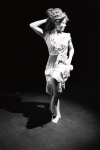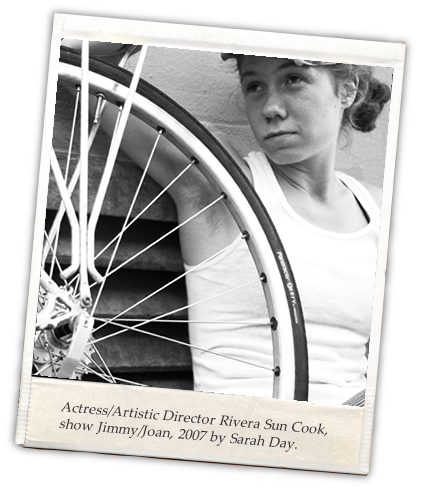Ysaye Barnwell, from Sweet Honey In The Rock, led thirty voices and hearts this week on an incredible cultural journey through song. As courageous as Sojourner Truth, she led her Building A Vocal Community Workshop back in time to the shores of Mother Africa, opening eyes up to the rich and diverse cultures and worldviews of the continent.
“Put your notebooks away.” Ysaye told us, “This week you will be studying in the oral tradition. . .which is what the African-American worldview is founded on.” And then she launched into song, demanding responses to her calls, and our bodies sprung awake, reading her face, voice, and expressions for clues.
Polyrhythms rolled through the rooms, and echoed into our bodies, slowly unwinding western-European cultural trainings, boggling minds, and triggering new movement patterns.
The five African-American women in the class added their knowledge of the African Diaspora proudly and shyly. One young woman clarified that “they (they slave ship captains) did not go to Africa to get slaves. They went to get Africans to enslave.” This small semantical shift reminds us that no human, or animal, or any being is inherently a slave. One being enslaves another.
It was small, yet profound statements like this that stunned and transformed me throughout the week. Early African-American spirituals are not Christian songs, Ysaye told us, and all at once, like a missing puzzle piece slipped into place, I saw it. The early spirituals are the songs of people coming from all over Africa, speaking many different languages, forbidden to practice their own religions, speaking through English and metaphor to communicate and express the challenges of living as slaves in America.
The call and response structure of communication threads its way through African-American folktales and early narratives, through sermons, and song. It underlies dialogue and thought process. As a writer, this understanding radically alters my work. Information flows differently through a scene, bouncing from character to character, interjecting and inserting thoughts from many different points of view. This is different from a singular, linear, logical narrative stream from one individual.
Lala fans can look forward to some rewrites and revisions, and of course, the new plays will reflect this powerful worldview shift. As the week rolls on, the ripples of my experience with Ysaye and the Vocal Community Workshop will reveal themselves. Already, Ysaye’s teachings on the Blues and the lone traveler are affecting my understanding of Lala’s journey in search of inner freedom.
Stay tuned. . . Rivera Sun



